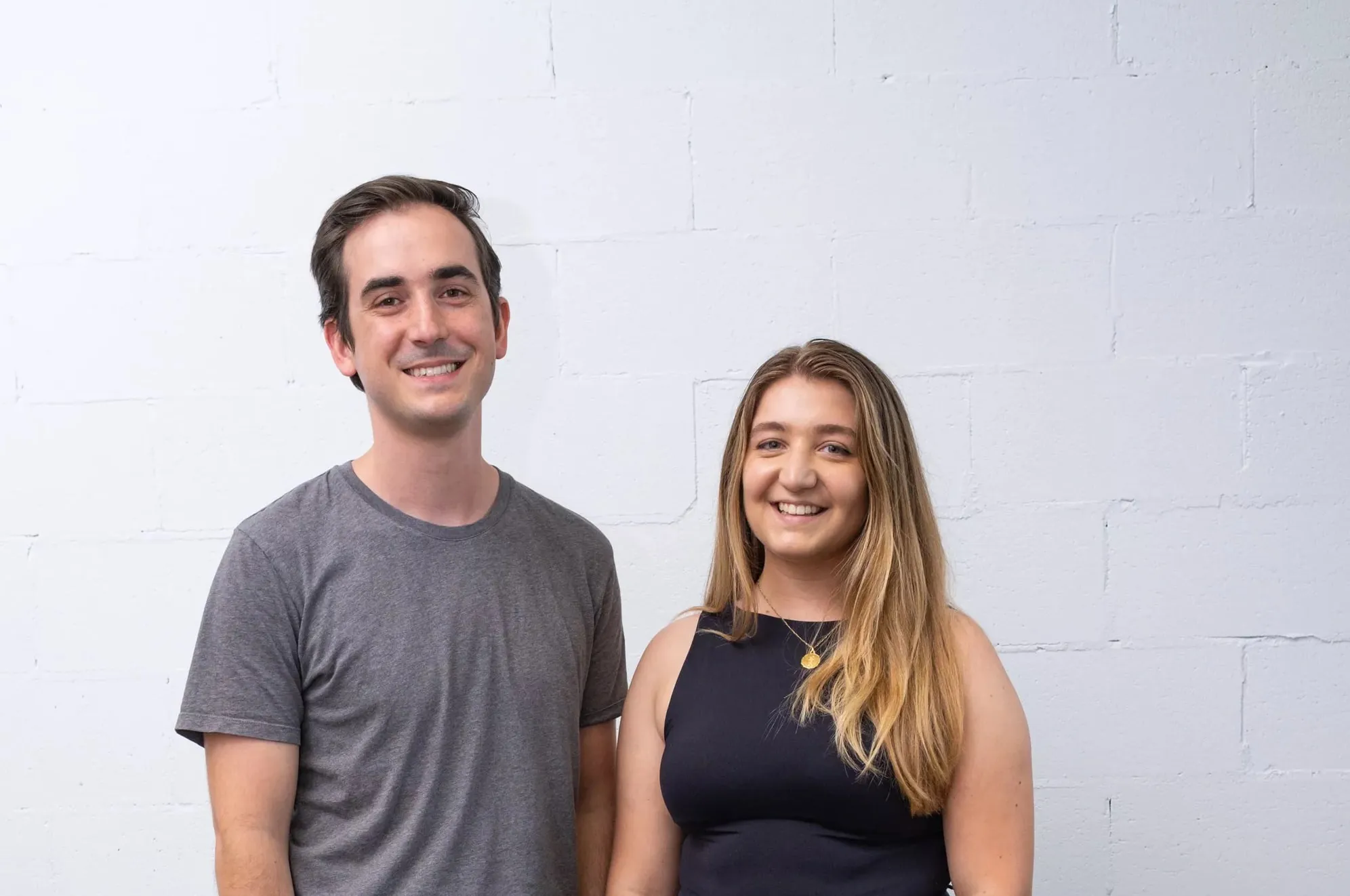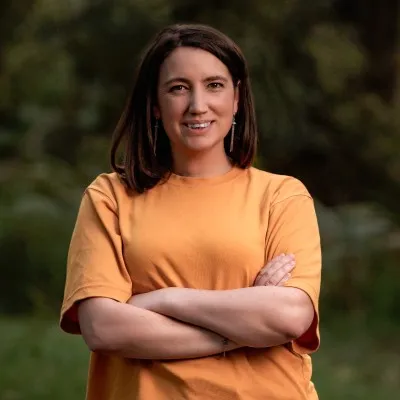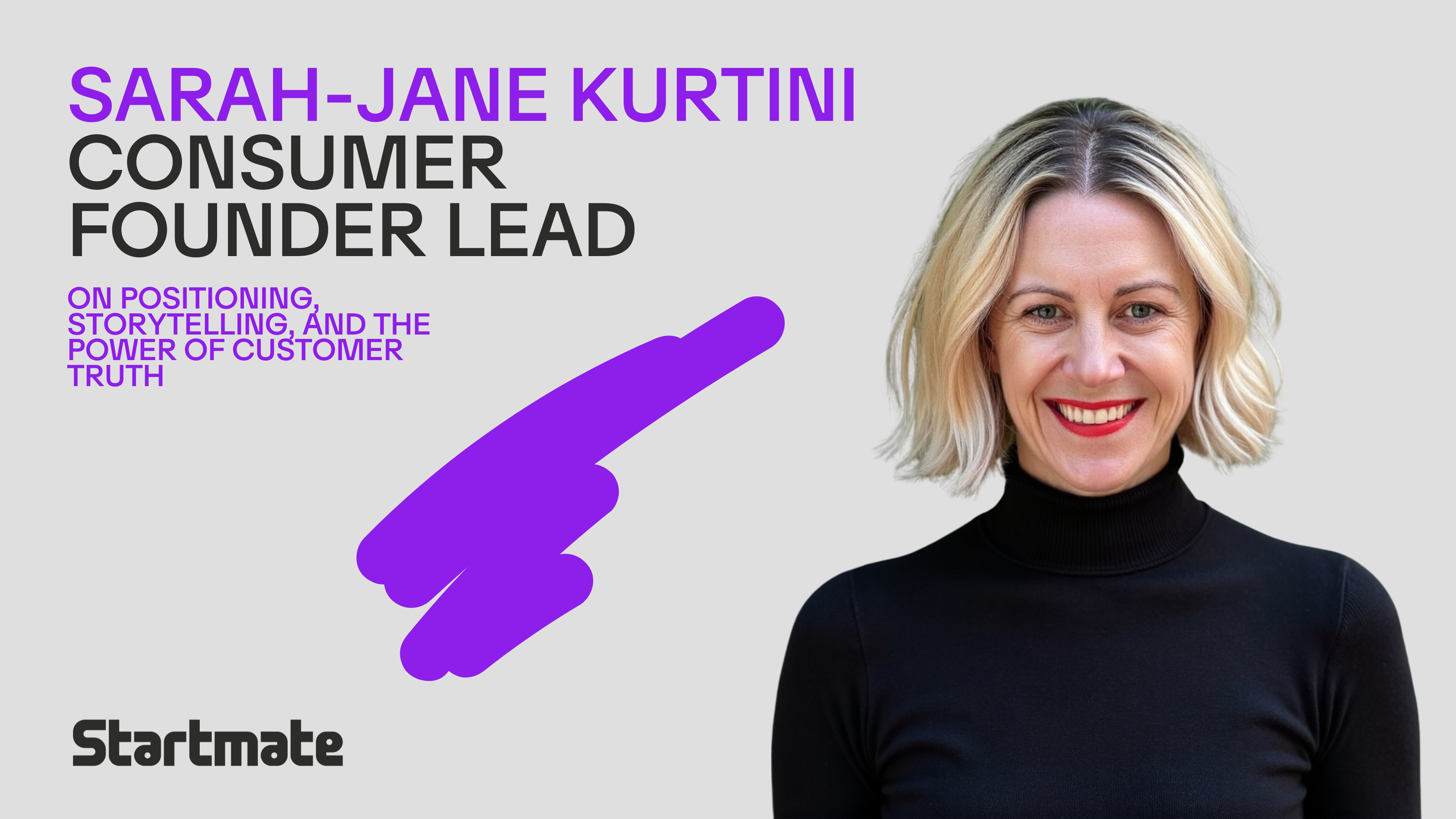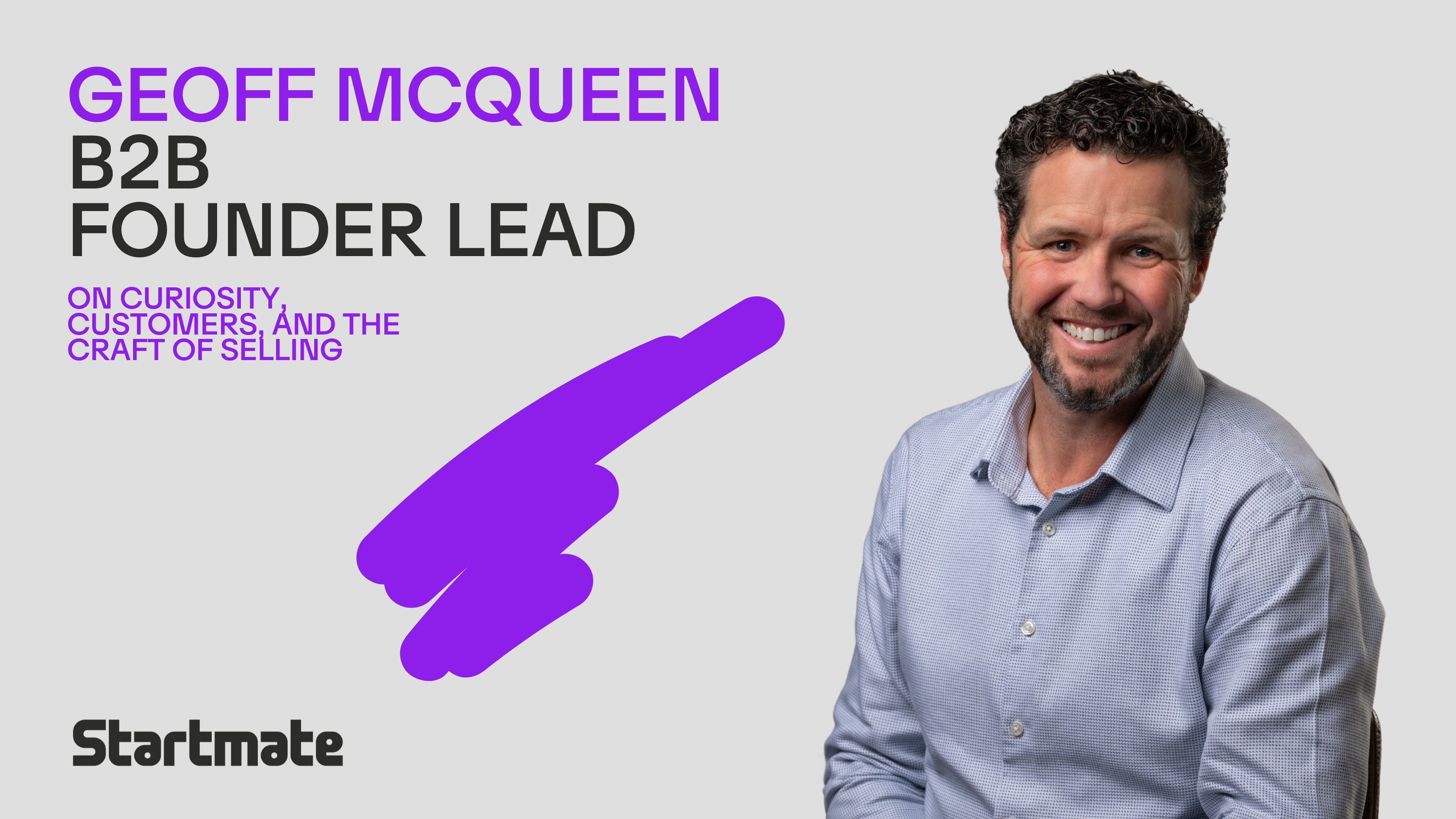Kiwi power-couple Sophie and Christian Silver are on a mission to rebrand mathematics for kids, through their app making learning engaging, personalised and genuinely fun.
Polymath turns maths questions into games tailored to the individual, using situations kids might be familiar with – dividing biccies between dogs, for example.
It’s designed to allow them to practise in a way that best works for them, at the level they’re at.
It’s intended to counter maths’ long-held reputation as something scary, complicated and kind-of useless, Sophie explains.
It’s a subject surrounded by negative stereotypes, she says. As a society, we just don’t like it very much.
But everyone uses maths in their daily lives, whether they want to or not. So it’s important kids are confident in the basics at least.
“A lot of kids think they don’t have a ‘maths brain’,” she says.
“The reality is, there’s no such thing.”
Christian notes the phenomenon of ‘maths anxiety’, which causes working memory to freeze in the face of any question that looks remotely numerical, or includes any mathematical symbols.
It means kids who are otherwise very capable find themselves struggling, he explains.
“It’s like it’s an emotional thing rather than a competence thing.”
Applying research to reality
Sophie and Christian are a husband and wife power-team with a shared passion for tech, education and academia.
Christian is an accomplished software engineer, while Sophie’s academic background is in developmental psychology.
The pair were living in the UK when the seeds of Polymath were first planted.
Sophie was studying and working as a part-time nanny. She was literally running from lectures on maximising learning to picking up kids at the school gates.
“It became painfully obvious that the way they were learning was not matching up to the research I was studying,” Sophie says.
“We were always frustrated with the education system,” she adds.
“But that’s what really ignited my frustration – understanding the research behind learning.”
She applied the principles she had been studying to help the kids convert short-term learnings into long-term memory.
“Their confidence – especially in maths – really grew,” she says.
It was Christian that suggested technology could make that learning process easier, and more scalable, and so Polymath was born.
“Astronomically good” reactions
Polymath is currently predominantly used in schools, with kids spending time collaborating on games at the beginning of a lesson, for example.
However, that’s not necessarily the end goal.
“Our view is that to really innovate, you need to do it outside of the classroom, because that’s where you have more freedom – you don’t learn by specific goals in the curriculum,” Christian says.
“However, we’ve started by going to where the kids are.”
The startup has raised pre-seed funding, and currently has some 2,000 monthly active users. But what’s more important to the founders, Christian says, is the “astronomically good” feedback they’re getting.
One teacher told them her kids are ‘obsessed’ with the app, and constantly ‘nagging’ her to play.
“That is just insane,” Sophie says.
“The fact that kids are nagging a teacher to practise maths is pretty transformative.”
When the founders were testing in classrooms they were met with whoops and cheers from children, and had kids hugging them at the end of sessions.
Polymath’s hypothesis is that confidence and enjoyment in learning leads to competence, Sophie explains. So this kind of response is “super validating”.
“It tells us something that we’ve done is working.”
This feedback has also been the antidote to one of the hardest parts of Sophie and Christian’s startup journey so far.
The couple returned to New Zealand from the UK in 2021. They were living off their savings and working on Polymath full time, and they moved to a remote part of the country in order to focus – and to save some cash.
“We were super disconnected from anyone working in startups, and we were super disconnected from our users,” Sophie says.
“At the same time we were doing a lot of experimenting, which meant there was a lot of failure. That was the hardest part.
“A lot of the startup journey is really hard, and if you spend a bit of time away from users it can feel really lonely or disconnected.
“But that feedback is the kind of thing that makes it all worthwhile.”
“A well-oiled machine”
Having met at school, Christian and Sophie started out working on class projects together. They’ve travelled together, and spent long meandering walks through London putting the world to rights.
Their skills, temperaments and working styles balance eachother out perfectly. And while they admit to the odd difference in opinion, they’re very much aligned in their values and the mission of the business.
Besides, according to Sophie, those disagreements often lead to the most innovative solutions. For these two, innovation lies in compromise.
“It’s a well-oiled machine now,” Sophie says.
“The co-founder thing felt like a no-brainer,” Christian adds.
But running a startup can be all-encompassing, so doing it with your spouse brings another challenge – drawing a boundary between home life and work life.
Each morning, the couple take their dog Martin for a long walk. During this time, they’re not allowed to talk about Polymath, or anything else work related. It’s dedicated time to switch off and focus on themselves and their pup.
As they build their company, Christian and Sophie are placing a strong focus on wellbeing, Christian says. That starts with themselves.
“We need to look after ourselves, because without that we can’t look after the business.”
There’s no magic in startupland
When asked what advice they would offer other early-stage founders, Sophie and Christian both recall advice they themselves have been offered: There’s no magic in startupland.
“The iconic startup giants of the world were where we are, once upon a time, and it didn’t just change overnight – they didn’t become different people,” Sophie says.
“The you you are today is capable of what the future you will achieve. There’s no magic in it.”
As Christian puts it: “You don’t get superpowers.”
“The people who run billion-dollar companies are just humans who have figured out more things than you have. When you get to that stratospheric goal, you will still be you.”
“You can do that now.”






.png)

